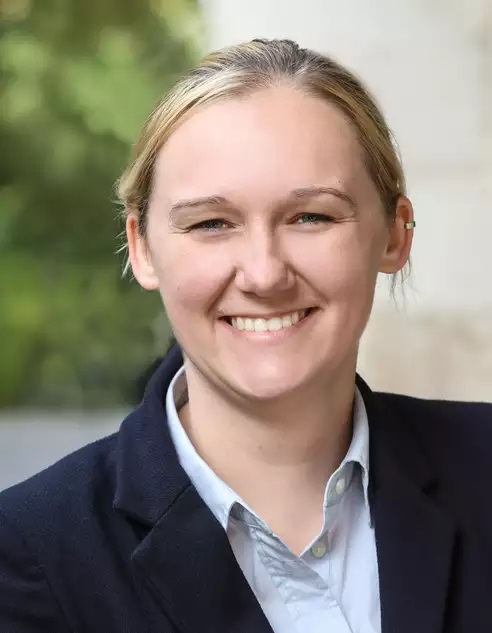
Dr Victoria Barnes is a Senior Research Fellow at the Max Planck Institute for Legal History and Theory in Frankfurt am Main, Germany. She works on the history of business, its form and regulation in law and society. Her work examines contract, commercial and corporate law from transnational, comparative and interdisciplinary perspectives. She unpicks pivotal historic events, such as landmark cases, and place them in context. Global actors, such as judges, lawyers, and other influential figures, such as CEOs, feature heavily in her work often as catalysts for socio-legal change. She has published around 50 articles, chapters and review essays on company law, corporate governance, bank regulation and, more recently, on the legal profession. She is Co-editor of Business History, a journal ranked 4/4* by the Academic Journal Guide (formerly Chartered Association of Business School’s Guide) and Book Review Editor for the Journal of Legal History, the only British journal concerned solely with legal history. She convenes the Legal History section for the Society of Legal Scholars. She won funding to host the 2022 Society of Legal Scholars’s Annual Seminar on the “Origins of Company Law” and the 2023 WG Hart Workshop on “Theorists in Company Law”.
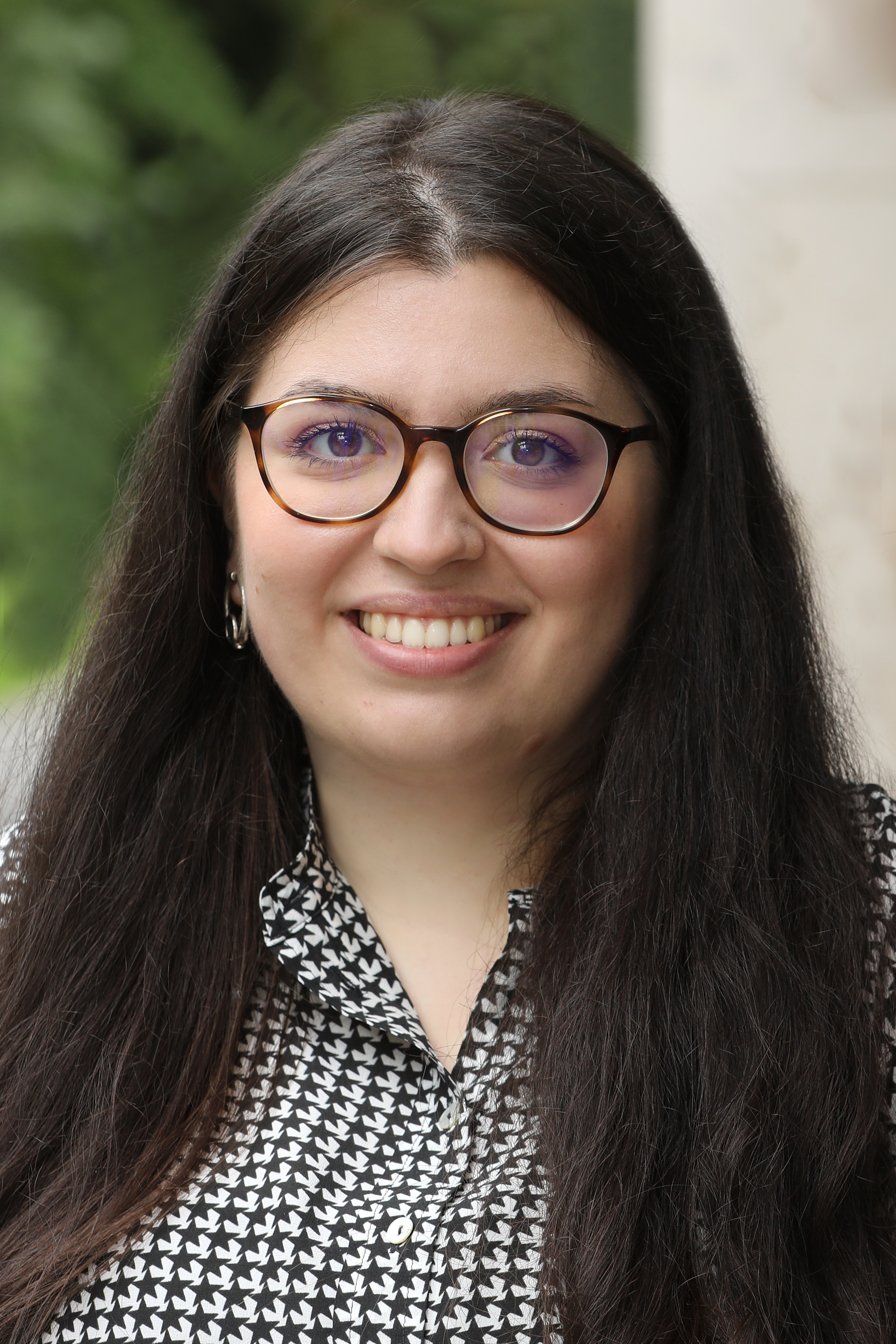
Nina Cozzi is a Research Fellow at Max Planck Institute for Legal History and Legal Theory in Frankfurt, Germany. She has an advanced Master’s degree in Law (Cum Laude) from Pontifical Lateran University, specialising in Legal History. After her law degree, she has been a teaching assistant at LUISS University in Rome. She taught comparative constitutional legal history and the German civil code. She worked as a lawyer in Rome, specialising in labour law and penal law and in translating German into Italian. Nina is currently undertaking her doctorate at the University of Gießen. Her PhD thesis focuses on the history of gender equal pay in Italy and the implementation of EU equal pay directives in the Italian national law.
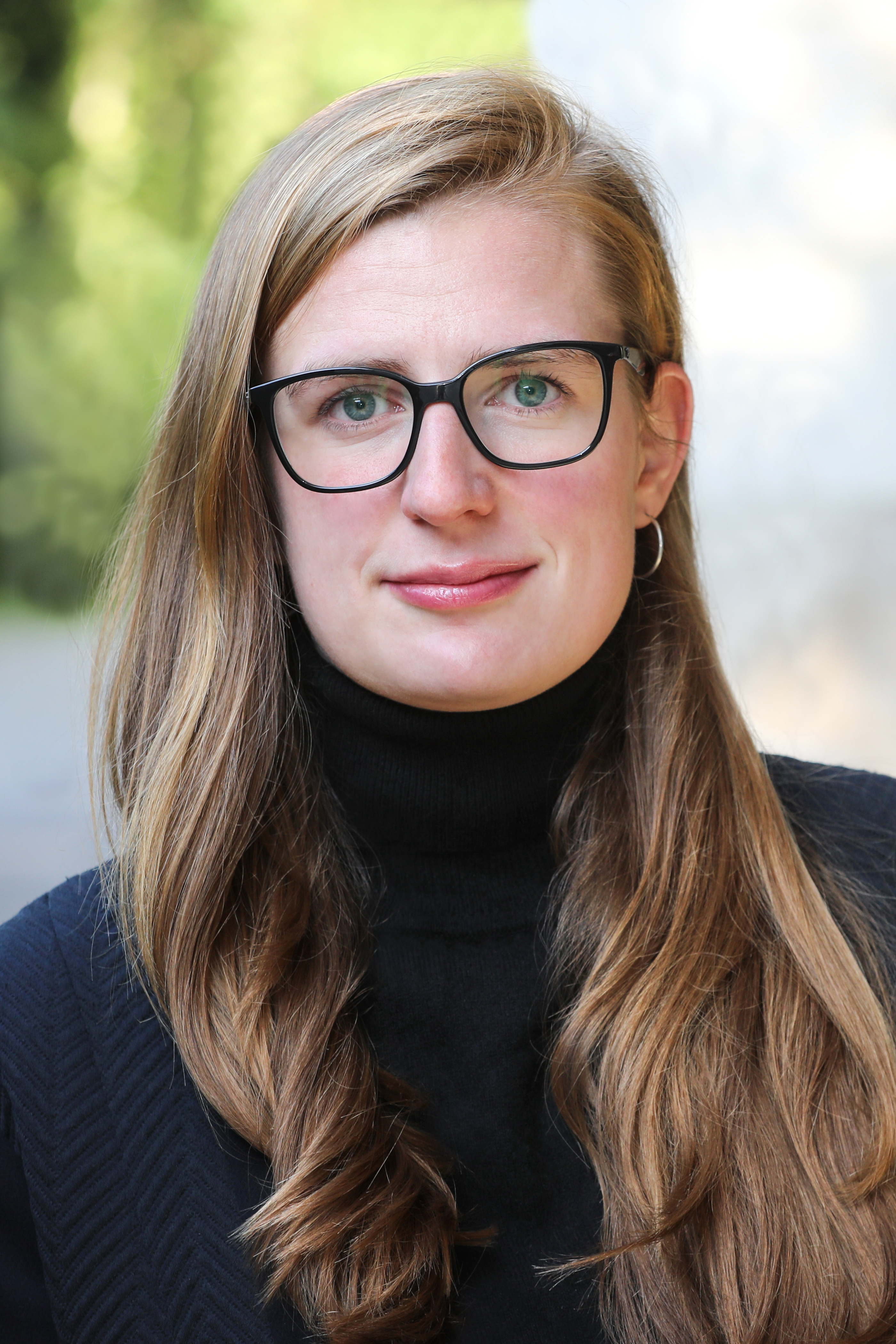
Magdalena Gebhart is a Research Fellow at the Max-Planck-Institut for Legal History and Legal Theory in Frankfurt am Main, Germany. She read law, Jewish Studies and philosophy at the Goethe-University in Frankfurt am Main and undertook the first state exam in 2021. Since 2020 she teaches exercises in legal philosophy and legal theory accompanying the lectures at the Goethe-University in Frankfurt am Main. Her PhD traces Jewish legal thought in the understanding of International Law in interwar Germany, focusing on the mechanisms of forgetting within the legal sciences.
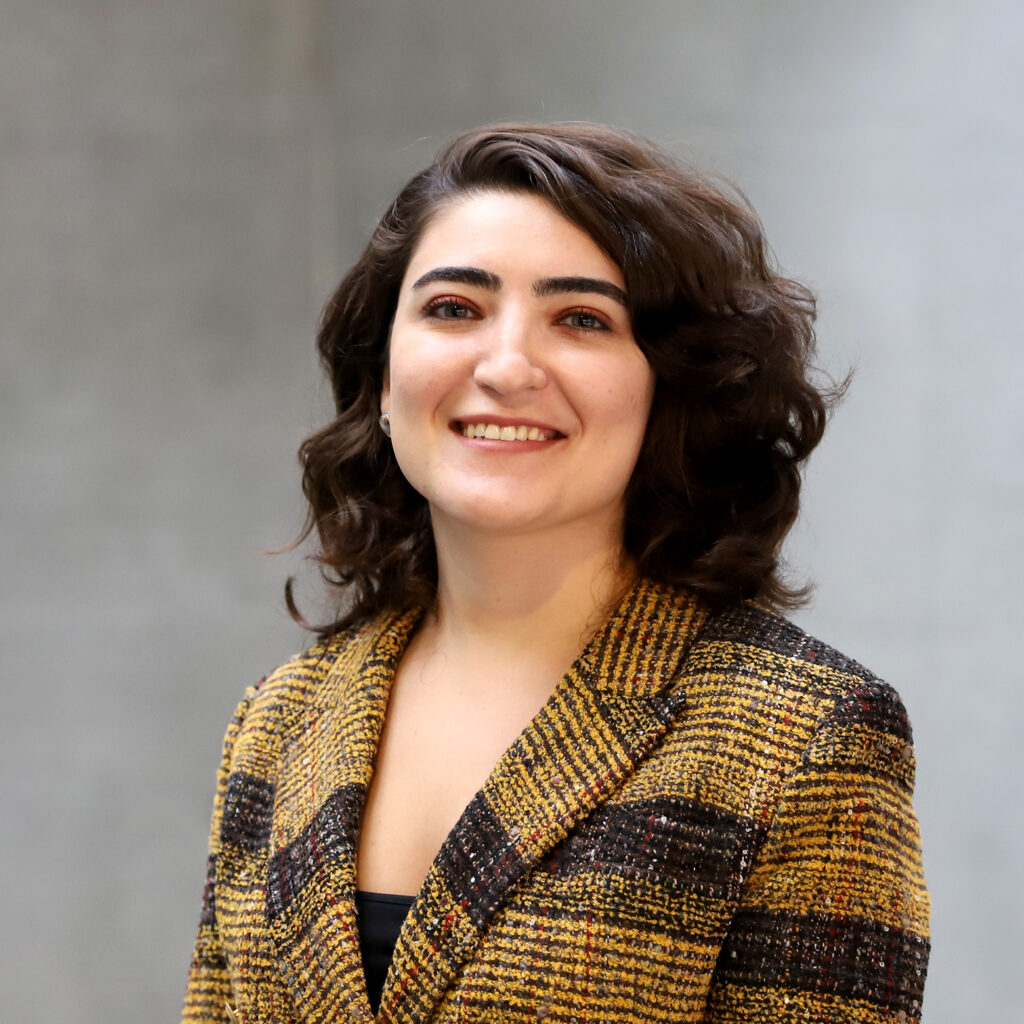
Dr Biset Sena Güneş is a Senior Research Fellow at the Max Planck Institute for Comparative and International Private Law in Hamburg, Germany. Her main research interests are private international and procedural law from a comparative perspective, particularly in the field of family and succession law. She studied law at Istanbul University in Turkey. Following the bachelor degree in Turkey, she completed a pre-master’s degree from King’s College London and an LL. M. Degree from Queen Mary University of London with distinction. Sena obtained her doctorate with summa cum laude from the University of Regensburg, Germany with a thesis focusing Turkish and European private international law rules on successions upon death from a comparative perspective. She is qualified as a lawyer, notary and mediator in Turkey. Before joining the Max Planck Institute, Sena worked a research assistant for private international and procedural law at Ankara Yıldırım Beyazıt University, Turkey.
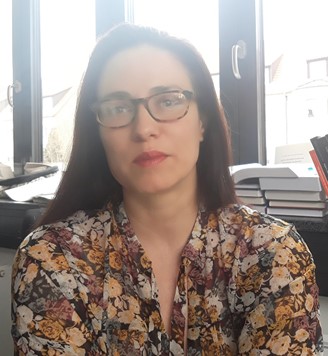
Maria G. Nikolova is a Research Fellow at the Max Planck Institute for Social Anthropology in Halle (Saale), Germany. Her research involves the examination of judicial perspectives on case law of difference in European courts, with a particular focus on cultural or customary practices on trial. Her expertise covers the topics of immigration proceedings, child marriage, Roma customs on the Balkans, and cultural defence in criminal proceedings. Maria’s background is in legal practice in the field of human rights, specialising in representing victims of sexual violence. She is a member of the Sofia Bar Association (Bulgaria), and she gained her experience with the Bulgarian Helsinki Committee (Sofia), the UNHCR (Sofia), criminal barristers’ chambers in London, UK (Internship), and the European Court of Human Rights (Strasbourg). She is also currently working on her doctorate with Martin Luther University Halle-Wittenbergin on the development of the concept of child marriage, its criminalisation and modes of its prosecution.
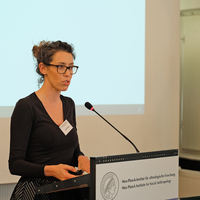
Dr Alice Margaria is a Senior Research Fellow at the Max Planck Institute for Social Anthropology (Halle, Germany). Her research interests lie at the intersections of diversity, family law and human rights. She obtained her PhD in Law at the European University Institute (Florence, Italy) in 2015. Her book The Construction of Fatherhood: The Jurisprudence of the European Court of Human Rights (CUP, 2019) provides the first sustained engagement with the role played by the ECtHR in (re)constructing fatherhood in contemporary Europe. She taught courses on gender and human rights at Koç University (Istanbul), the University of Passau and Freie Universität Berlin. In 2020, she was awarded the Chaire Genre by the Institut du Genre (Paris) and, in 2021, a Bavarian Gender Equality Grant to develop a comparative legal study between European and African experiences of fatherhood. Her current research focuses on trans fatherhood, and religiously- and culturally-diverse families before the ECtHR.

Ezgi Özlü is a Research Fellow at the Max Planck Institute Luxembourg for Procedural Law. She is currently a PhD candidate under the supervision of Elisabeth Lambert, CNRS research director (Strasbourg University). Her PhD project examines to what extent do costs and expenses impact (facilitate or affect) access to justice in the context of the individual application mechanism to the European Court of Human Rights. After her undergraduate studies in law (Başkent University, Ankara), she obtained Master’s degrees in Public Law (Galatasaray University, İstanbul) and Human Rights Law (Strasbourg University). Ezgi also worked on the update of the Memorandum prepared by the Department for the Execution of Judgments of the European Court of Human Rights on monitoring of the payment of sums awarded by way of just satisfaction.

Kritika Sharma is a Research Fellow at the Max Planck Institute Luxembourg for Procedural Law. She has an advanced Master’s degree (Cum Laude) in Public International Law, specialising in International Criminal Law from Leiden University. Kritika is a PhD candidate at Leiden University writing her dissertation under the supervision of Prof. dr. Niels Blokker and Dr. Sergey Vasiliev on the impact of the governance role of the Assembly of States Parties to the Rome Statute on the judicial function of the International Criminal Court. Prior to joining the Max Planck Institute, Kritika worked at the International Court of Justice as a Judicial Fellow. She has also supported the Delegation of Liechtenstein at the Assembly of States Parties to the Rome Statute both in 2016 and 2018.

Dr Jennifer Trinks is a Senior Research Fellow at the Max Planck Institute for Comparative and International Private Law in Hamburg. She works on Company and Capital Markets Law as well as general Private Law. After studying at LMU Munich, Jennifer completed her legal traineeship (Referendariat) at the Hamburg Higher Regional Court. She holds degrees from the Université Panthéon-Assas (Paris II) as well as Yale Law School. In 2020, she received her doctoral degree from Bucerius Law School (Hamburg). Her dissertation, “Voting Rights for Shares in Usufruct – A Comparative Analysis of German and French Law” (in German: Stimmrechtszuordnung beim Nießbrauch an Gesellschaftsanteilen – Ein deutsch-französischer Rechtsvergleich) won the 2020 Helmut Schippel Award.
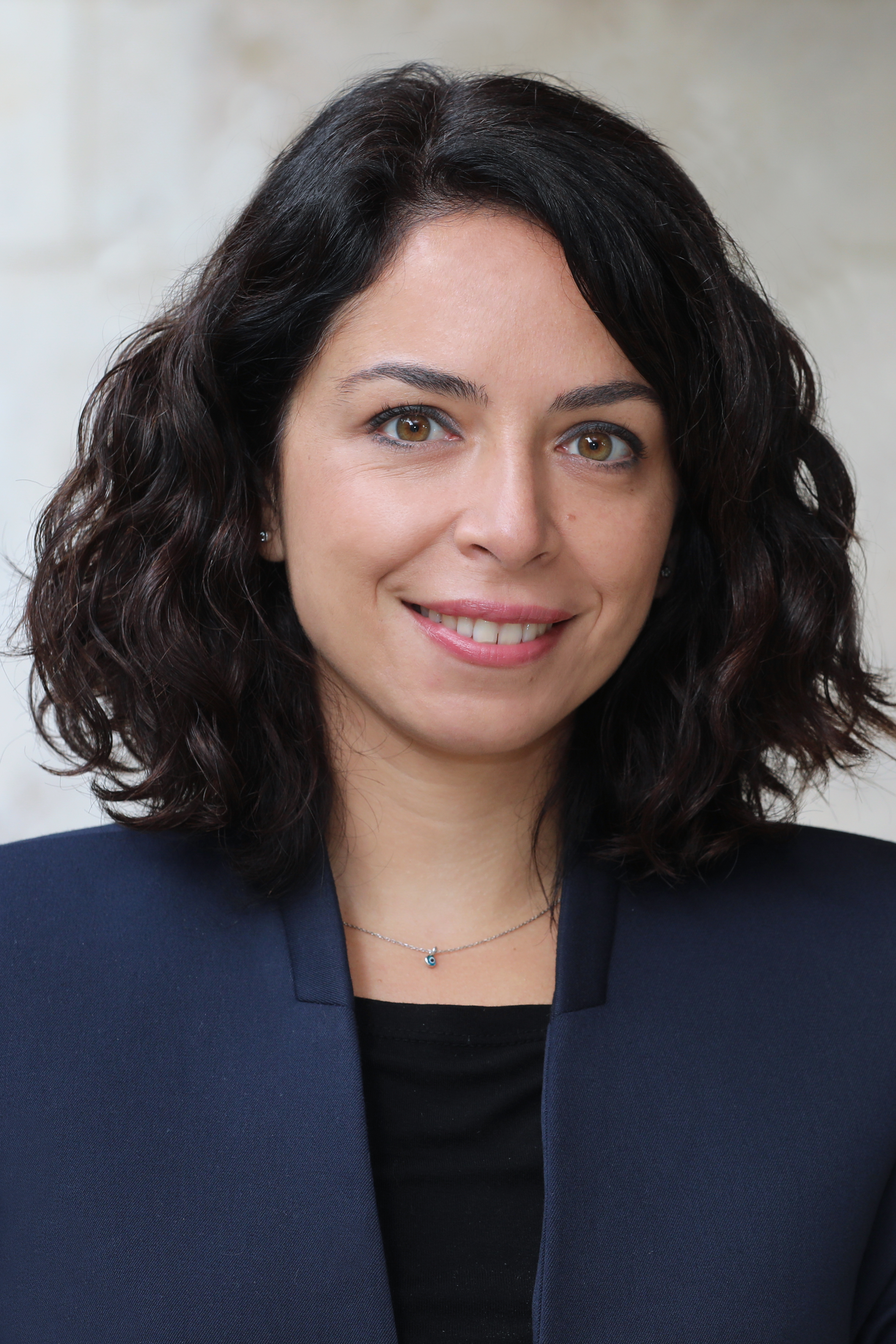
Zeynep Yazici Caglar is a Research Fellow at the Max Planck for Legal History and Legal Theory in Frankfurt am Main. She works on comparative legal history. Her PhD focuses on a comparison of legal education in Germany and England in the nineteenth century. She holds an LL.M. in European Economic Law and Foreign Trade from the Europa-Institut at Saarland University. Before coming to the Max Planck, she practiced law in Turkey as a member of Istanbul Bar. She also leads the diversity committee at the Institute in Frankfurt.
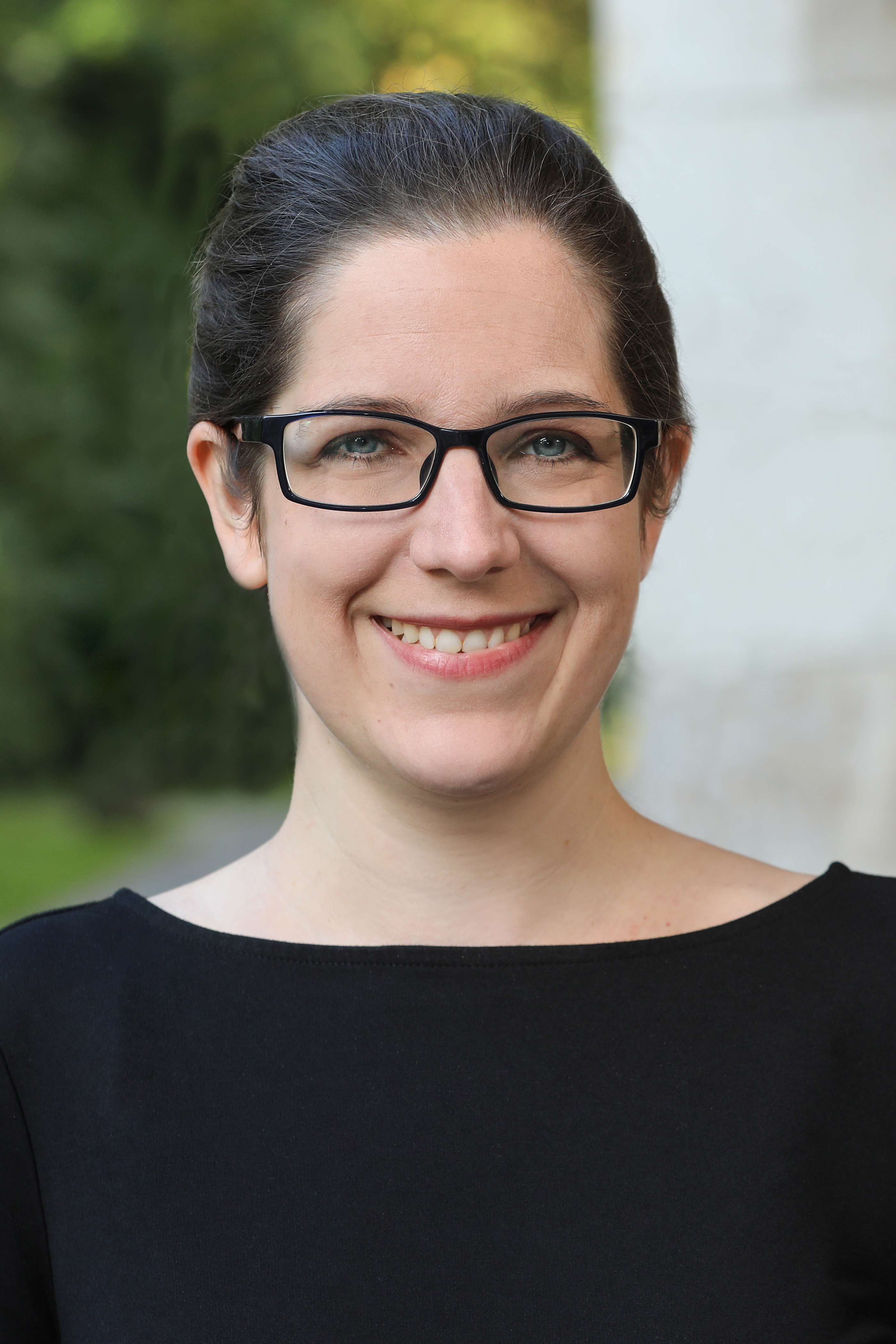
Sarah Zimmermann is a Research Fellow at the Max Planck for Legal History and Legal Theory in Frankfurt am Main. She read European Studies and European Law at Maastricht University, before continuing her law studies in Mainz (Germany) and Dijon (France), graduating in 2014 with a LL.B. and the Maîtrise en droit (M1) in French and German Law. She continued her studies with a joint Masters course in International Private Law in Mainz and Dijon in which she obtained a LL.M. in 2015. She undertook the first state Examination in 2016 and second in 2019. She is writing a PhD in the legal history of procedural law in the European Court of Justice.








